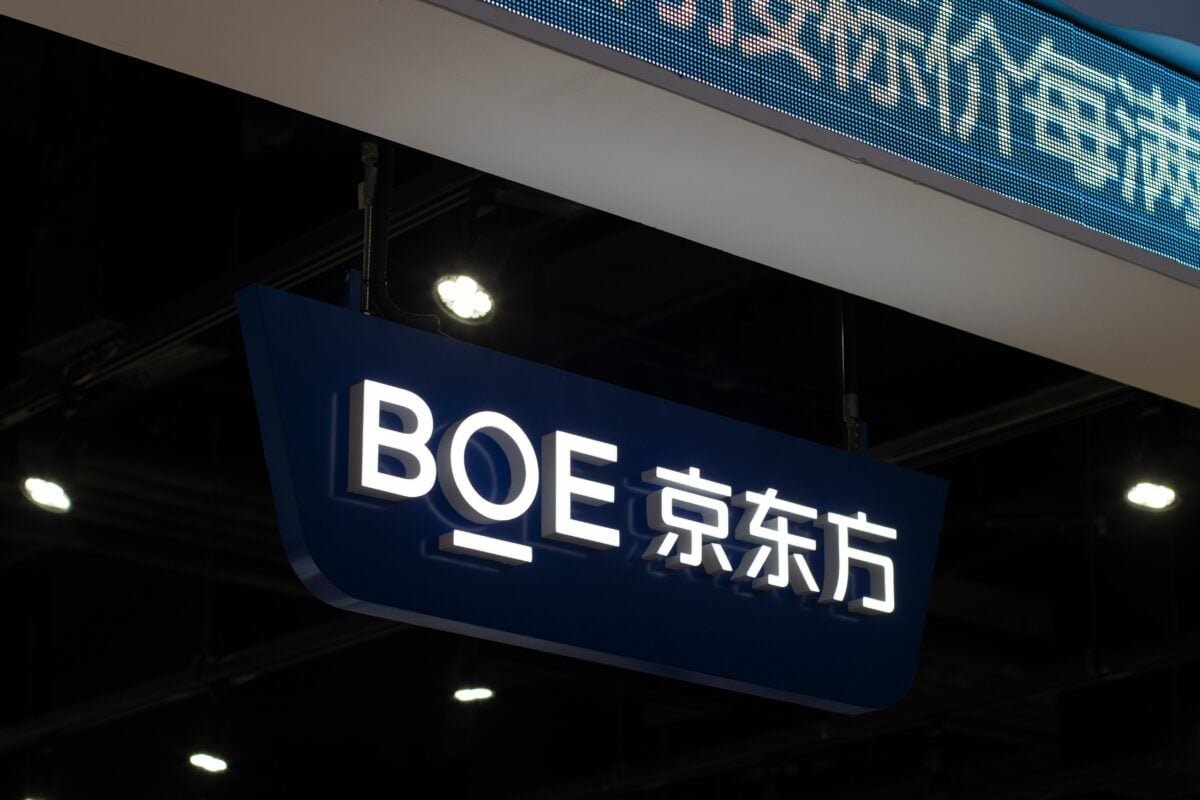TLDRs;
Contents
- Pentagon may assess Apple supplier BOE for ties to Chinese military under new U.S. defense bill.
- Measure wouldn’t block BOE’s U.S. business now but could limit future military contracts.
- BOE’s inclusion reflects growing U.S. scrutiny of Chinese tech firms and global display market tensions.
- Apple and BOE have not commented, decision could impact industry alliances and supply chain dynamics.
China-based BOE Technology Group, a major display panel manufacturer and official supplier for Apple, is now in the crosshairs of U.S. lawmakers.
A provision in the new U.S. National Defense Authorization Act (NDAA) seeks to compel the Department of Defense to investigate whether BOE should be designated a Chinese military company.
While the designation wouldn’t immediately restrict BOE’s commercial operations in the United States, it could bar the firm from participating in U.S. military supply chains. This marks the first time the Pentagon is being asked to formally evaluate BOE under these terms, signaling the intensifying scrutiny on Chinese technology firms.
Inclusion May Lead to Industry Repercussions
The Defense Department’s list of Chinese military companies has grown substantially, now comprising 134 entities as of January 2025.
Prominent names such as Tencent and battery giant CATL have already been added. The inclusion of BOE would further broaden the list and amplify regulatory pressure on companies engaged in U.S.-China tech trade.
Being added to the list doesn’t result in immediate sanctions but creates reputational and compliance hurdles for companies dealing with U.S. defense contractors. It also positions BOE for potential future sanctions or restrictions. Companies previously targeted like Xiaomi have successfully challenged their designations, although legal battles are complex and resource-intensive.
Rising Display Market Rivalries Fuel Tensions
BOE’s emergence as a key player in the global display market is likely a contributing factor to the Pentagon’s interest.
As of 2021, BOE held a 16% market share in display panels, trailing only Samsung, which commanded 49%. The growing threat of Chinese display makers has prompted strategic shifts among traditional rivals.
In a rare show of unity, Samsung and LG have collaborated by transferring over 120 LCD patents, moves believed to strengthen their legal arsenal against Chinese firms including BOE. Samsung has also initiated patent litigation against BOE and other Chinese manufacturers, underscoring how national security and market competitiveness are increasingly intertwined.
Apple’s Supply Chain Strategy Could Be Affected
Apple, which counts BOE among its display suppliers, has remained silent on the review. However, the move arrives as Apple is already grappling with the fallout of geopolitical pressures.
Tariffs imposed under the Trump administration are expected to add $1.1 billion to Apple’s costs in the September quarter alone.
To mitigate such risks, Apple has been aggressively diversifying its supply chain, shifting iPhone production to India and moving manufacturing of Macs and iPads to Vietnam. A potential restriction on BOE could accelerate this shift and force Apple to reevaluate its display sourcing strategy amid tightening global trade regulations.


